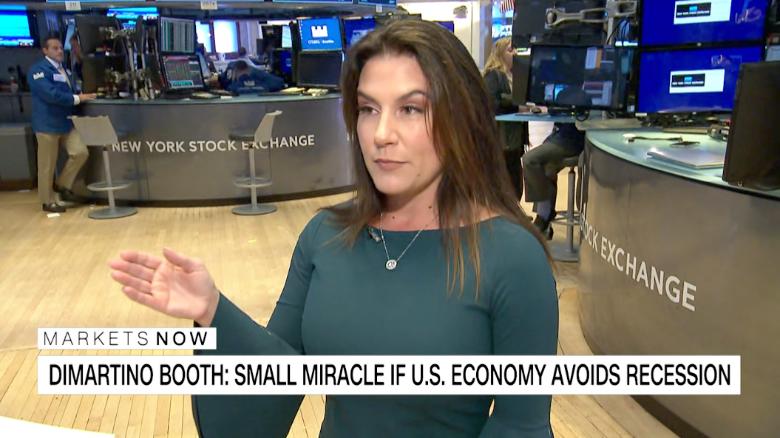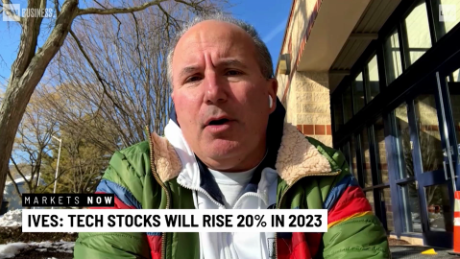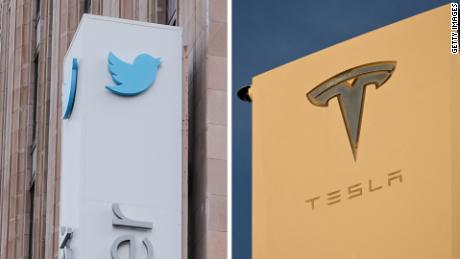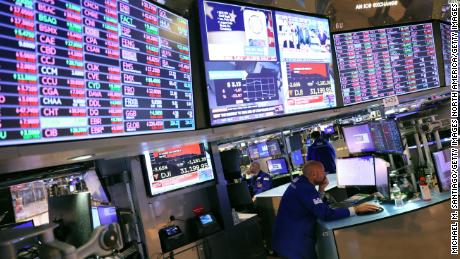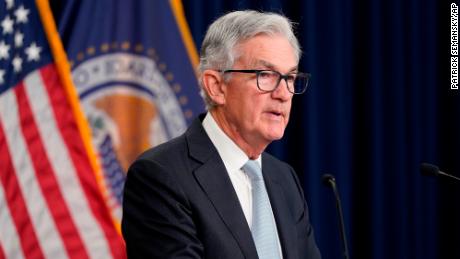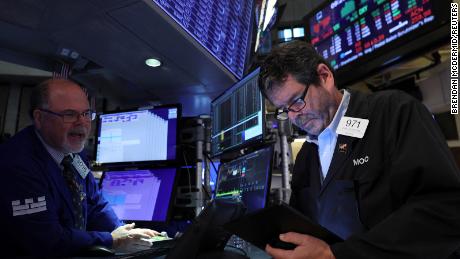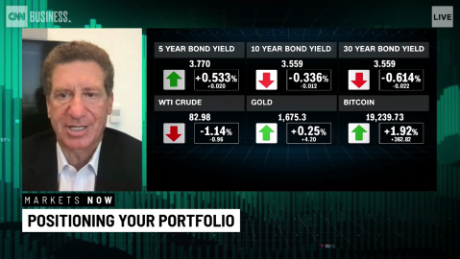London (CNN Business)Happy Sunday. A version of this story first appeared in CNN Business' Before the Bell newsletter. Not a subscriber? You can sign up right here.
More than 70% of S&P 500 companies have reported earnings for July through September. And the results? Well, they look better than Wall Street had anticipated.
The latest: 76% of S&P 500 companies have beat earnings-per-share forecasts, while 61% have beat predictions on revenue, according to FactSet. That's good news for stocks, which generally move in relation to expectations during earnings season.
Third-quarter earnings are still poised to decline 2.7%, the largest year-over-year drop since the middle of 2016, per FactSet. But that's much better than the 4.1% drop that had been penciled in one month ago.
"Earnings in the US are surprising strongly on the upside," Mislav Matejka, head of global and European equity strategy at JPMorgan (JPM), wrote in a note to clients on Friday.
Investors also appear to be more forgiving. "Despite some notable profit warnings, stocks that are missing estimates are not being penalized as severely as in the past quarters," Matejka said.
The reason for the pickup is twofold, Nick Raich, CEO of The Earnings Scout, told me.
Typically, 75% to 80% of S&P 500 companies beat expectations in any given quarter, since companies favor conservative estimates and analysts follow suit, he said.
This quarter, corporate earnings are also benefiting from Federal Reserve stimulus. A third consecutive interest rate cut, made official last week, also didn't hurt.
Trouble ahead: Meanwhile, the outlook for the fourth quarter is dimming. Year-over-year earnings ŌĆö which one month ago were expected to grow by 2.4% ŌĆö are now forecast to dip by 0.4%, according to FactSet.
Investors are already thinking about the 2020 election
If you thought it was too early for investors to worry about the US presidential election ŌĆö think again.
Portfolio managers are "intently focused on the investment implications of potential outcomes of the 2020 US elections," Goldman Sachs (GS) said in new research published Friday. From tax implications to sectors that could face heightened regulation, there's plenty to chew over. Significant attention is being paid to the policy proposals of Senator Elizabeth Warren, according to the investment bank.
Goldman's take: One element that can be quantified is the impact of corporate tax rates on S&P 500 earnings. If the 2017 Republican tax cuts are completely reversed, for example, Goldman estimates that corporate earnings growth in 2021 would dive 7% instead of rising 5%.
Sector pressure: It's also fair to assume that some sectors could come under pressure from heightened policy uncertainty, Goldman said. The bank puts health care stocks in that category, as well as Facebook and Google.
For investors, it will be important to assess whether campaign promises are likely to become reality, Goldman said. The strategists noted that certain "Trump trades" made in 2016, such as investing in stocks that would benefit from infrastructure investment, later reversed their gains.
"History suggests that US equities actually react more to policy implementation than election outcomes," said chief US equity strategist David Kostin.
Saudi Arabia's big moment
Saudi Arabia is moving forward with an initial public offering of its huge state oil producer that could shatter records and give investors the chance to own a piece of the world's most profitable company.
Following approval from the country's regulators, Saudi Aramco on Sunday formally announced its intention to float shares on the Tadawul exchange in Riyadh. Aramco executives will now embark on an international roadshow to court investors, and a prospectus outlining the company's financial details is expected later this month.
The public offering is part of Saudi Crown Prince Mohammed bin Salman's plan to wean his country off oil and develop other areas of the economy. But getting the massive IPO off the ground has been an arduous process full of false starts.
Executives made clear on Sunday that they intend to move forward.
"The question could be, 'Why not now?'" chairman Yasir Al-Rumayyan told reporters at the press conference. "I think this is the right time for us ŌĆö coming to a juncture where we want to take Aramco to be a public company, to have more disclosure."
Up next
Monday: German manufacturing; Under Armour (UA), Ryanair (RYAAY), Groupon (GRPN), Marriott (MAR), Shake Shack (SHAK), Hertz (HTZ) and Uber (UBER) earnings
Tuesday: US balance of trade; ISM Non-Manufacturing Index; Mylan (MYL), Allergan (AGN), Peloton (PTON), Match Group (MTCH) earnings
Wednesday: SoftBank (SFTBF), Adidas (ADDDF), BMW (BMWYY), Coty (COTY), CVS (CVS), New York Times (NYT), Papa John's (PZZA), Wendy's (WEN), Baidu (BIDU), Fitbit (FIT), Qualcomm (QCOM), Roku (ROKU), Square (SQ), TripAdvisor (TRIP), Wynn Resorts (WYNN) earnings
Thursday: Bank of England rate decision; Siemens (SIEGY), Disney (DIS), AMC Entertainment (AMC), Keurig Dr. Pepper (KDP), SeaWorld (SEAS), Activision Blizzard (ATVI), Booking Holdings (BKNG), GoPro (GPRO), Lions Gate Entertainment (LGFA) and Yelp (YELP) earnings
Friday: China balance of trade and University of Michigan consumer sentiment

